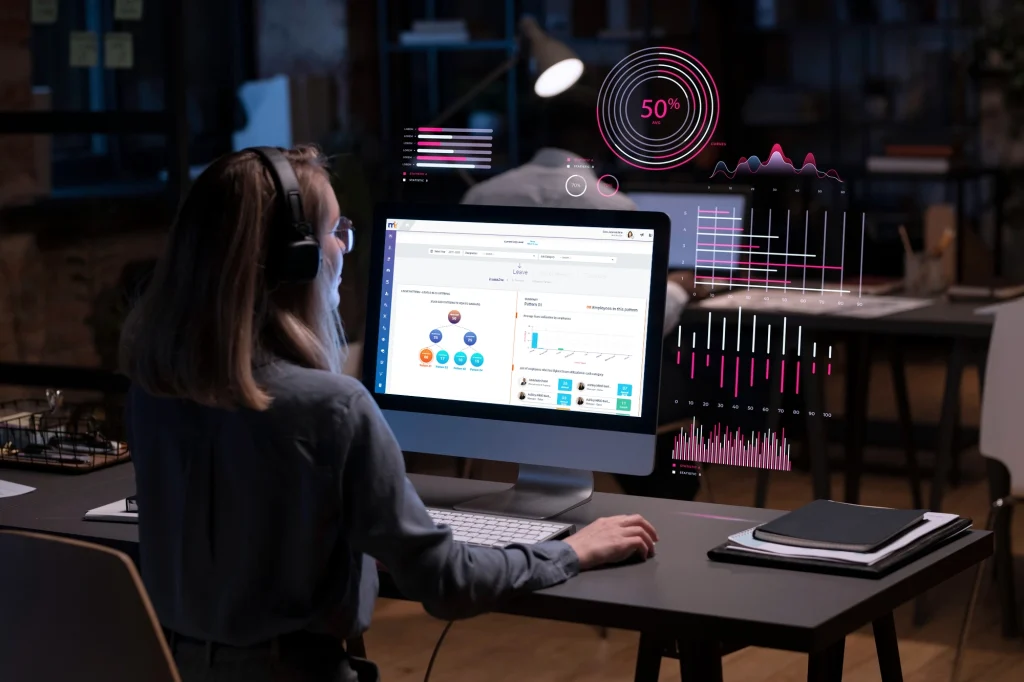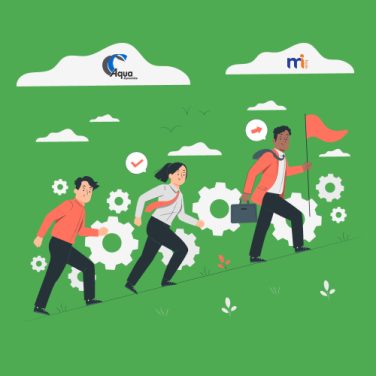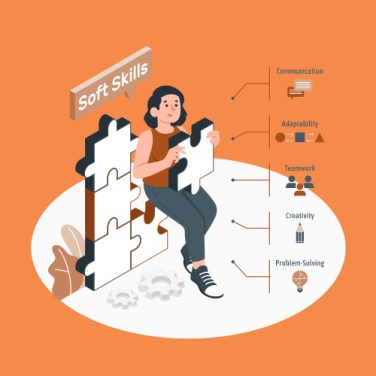Artificial Intelligence (AI) is steadily becoming an integral part of the Human Resources (HR) landscape.
From simplifying recruitment processes to enhancing talent acquisition, AI holds the promise of transforming HR functions. However, as with any technology, it has its challenges.
AI hiring bias, a significant concern, occurs when AI systems inadvertently favour certain groups over others based on race, gender, or other characteristics.
This bias stems from the data used to train AI models.
If the data reflects societal or organisational prejudices, AI systems may perpetuate and even exacerbate these biases, making fair and equitable HR practices difficult.
For HR professionals aiming for ethical AI use, addressing and mitigating AI hiring bias is crucial. This not only fosters a diverse and inclusive workplace but also aligns with legal and ethical norms.
Understanding the implications of AI biases can help organisations make informed decisions about implementing AI solutions in HR processes.
Understanding algorithmic bias

AI can inadvertently introduce biases into HR processes in several ways:
- Historical data bias: If AI training data contains biased information from historical hiring decisions, AI systems can replicate and even amplify these biases against specific demographic groups.
- Programming and design bias: Algorithm developers’ subjective decisions during programming can create biases, whether intentional or not. This may result in algorithms favouring certain characteristics over others.
- Deployment bias: In some instances, the way AI algorithms are deployed within HR settings can lead to unintentional biases based on geography or company culture.
Transparency in AI systems is vital to combat these challenges.
Ensuring clarity about the criteria used by algorithms in decision-making processes allows HR teams to identify and rectify bias when it occurs. Implementing audit systems that continually assess AI fairness and accuracy is essential for maintaining ethical AI practices in HR.
Creating ethical AI policies not only protects an organisation from potential legal repercussions but also builds trust among employees and stakeholders. By proactively managing AI biases, organisations can foster a more inclusive and diverse work environment.
Significant challenges
AI bias in the workplace has led to significant challenges, particularly in sustaining workplace diversity and fairness. Here are some notable examples:
- Biased recruitment algorithms: In one instance, a major corporation’s AI system favoured candidates from certain universities known to have a predominantly male student body. This resulted in a male-dominated hiring outcome, highlighting algorithmic bias in HR processes.
- Performance assessment bias: AI used to evaluate employee performance may disadvantage employees from specific backgrounds if trained on historical data that implicitly favours certain characteristics. This can undermine diversity and inclusive workplace goals.
- Voice recognition disparities: AI tools designed to analyse speech patterns have shown bias towards native English speakers, potentially discriminating against employees with accents or non-native English proficiency.
Each of these examples underscores how AI bias can negatively impact an organisation’s diversity and inclusion efforts. Addressing these biases requires proactive measures and thoughtful implementation of AI solutions.
Mitigating AI bias
Organisations can adopt the following practices to mitigate AI bias:
- Regular audits: Implementing routine checks on AI systems helps identify biases and rectify them promptly.
- Diverse training data: Ensuring a diverse range of data inputs can prevent biases from being embedded in algorithms.
- Inclusive development teams: Teams that include a variety of perspectives can better anticipate and address potential bias in AI systems.
Innovative solutions

As the need for addressing AI hiring bias grows, organisations are turning to innovative solutions that mitigate these challenges and promote ethical AI use in HR processes. MiHCM stands at the forefront of this revolution, offering robust tools and software designed to combat bias effectively.
MiHCM provides a comprehensive suite of tools that help HR professionals make smarter, data-driven decisions for their workforce.
With features like data-driven HR decisions, organisations gain access to insightful analytics and advanced search capabilities, enabling them to visualise key metrics such as diversity and inclusion statistics effortlessly. This empowers businesses to pinpoint areas that need improvement and actively work towards creating a diverse and inclusive workforce.
The power of MiHCM lies in transforming raw data into actionable insights, aligning with ethical standards while enhancing HR functionalities.
For instance, its features allow HR managers to conduct detailed analyses of diversity factors, including gender and generational representation, which is crucial for building a well-rounded and inclusive workplace. By utilising these tools, companies can move beyond traditional hiring processes, ensuring their recruitment practices are fair and transparent.
Integrating MiHCM’s AI solutions facilitates a transformative approach to talent management, where organisations can leverage data to drive equitable hiring practices. Ultimately, this promotes fairness, boosts employee engagement, and strengthens organisational culture.
By choosing MiHCM, businesses can confidently navigate the ethical challenges of AI bias, ensuring they stay aligned with today’s demanding HR landscapes.



